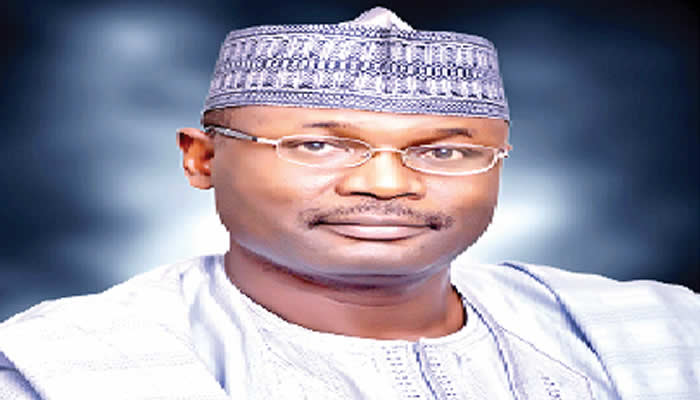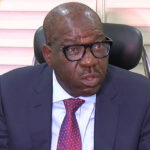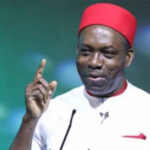
In a statement released in Abuja on Thursday, Udeogaranya asked the electoral umpire to stop being economical with details that should be in the public domain for transparency and credibility purposes.
His suspicion is coming in the wake of report by INEC that it had identified 240 out of the 176,846 polling units nationwide where elections would not take place on February 25 and March 11.
Speaking at a meeting with chairmen of the 18 registered political parties, the INEC Chairman, Prof Mahmood Yakubu, explained that his men had discovered that the polling units had no registered voters.
In June 2022, the commission had established an additional 56,872 polling units in its expansion of voter access drive.
Political pundits were also quick to observe that it was the first time more polling units had been created in the country since 1996, when the commission created the existing 119,974 units.
But Udeogaranya believed that the commission was not telling Nigerians all it knew about its recent decision to drop the affected polling centres.
The politician, therefore, urged the commission to come forward with full details of all the new polling units they created for public scrutiny and verifications.
According to him, the discarded 240 PUs were insignificant when compared to over 56,000 polling units that were created by INEC.
He said, “Nigerians would like to know how all those polling units were populated. We would like to know who they are and assess the copies of their registers and the permanent voter cards collection records for fuller public interrogations.”
Continuing, the APC stalwart noted that he believed that the pronouncement of the 240 affected units was more of a diversionary to give impression of due diligence and thoroughness.
He concluded by saying if INEC wanted Nigerians and the international community to accept its promise to hold a free, fair and credible poll, it must furnish the people with comprehensive details of the 2023 general election.





